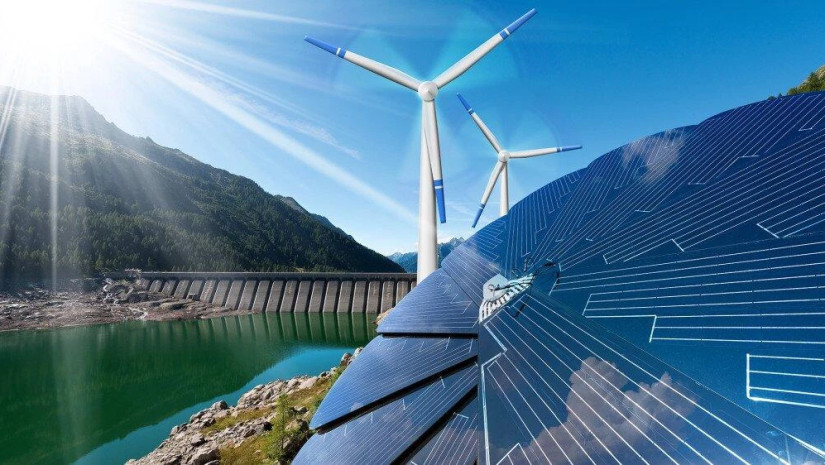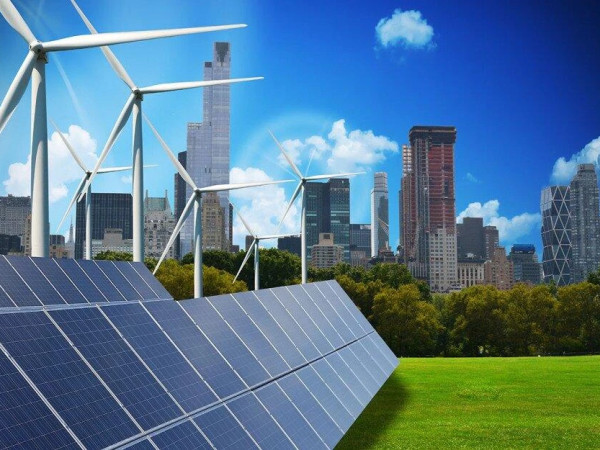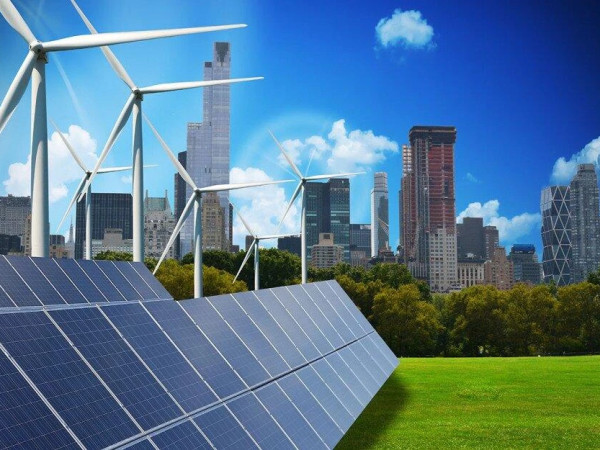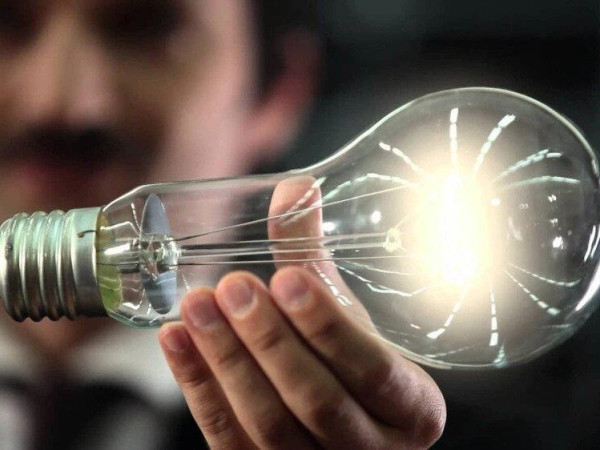The share of gross final energy consumption from renewable sources at EU level reached 21.8% in 2021. Compared with 2020, this was a 0.3 percentage points (pp) decrease and the first decrease ever recorded.
Looking at the EU target currently set for 2030 of 32% by the directive 2018/2001 of 11 December 2018 on the promotion of the use of energy from renewable sources, the 21.8% share registered for 2021 is still well below the target. Therefore, countries need to intensify their efforts to stay above the baseline established in Regulation 2018/1999 on the governance of the energy union and climate action, and to comply with the required EU trajectory. This is even more so taking into account that in 2021 the Commission issued its proposal for amending the Renewable Energy Directive, where it aims to increase this target to 40%, with the REPowerEU plan in 2022 upping this target further to 45%, EuroStat reports.
Sweden still has the highest share of energy from renewable sources
With more than half of their energy from renewable sources in its gross final consumption of energy, Sweden (62.6%, relying mostly on a mix of biomass, hydro, wind, heat pumps and liquid biofuels) had by far the highest share among the EU Member States in 2021, ahead of Finland (43.1%) and Latvia (42.1%) (both using mostly biomass and hydro), Estonia (37.6%, relying mostly on biomass and wind), Austria (36.4%, mostly hydro and biomass) and Denmark (34.7%, mostly biomass and wind).
More than half of the EU Member states are below the EU average
In total, 15 of the 27 EU members reported shares below the EU average in 2021 (Belgium, Bulgaria, Czechia, Germany, Ireland, Spain, France, Italy, Cyprus, Luxembourg, Hungary, Malta, Netherlands, Poland and Slovakia).
The lowest proportions of renewables were recorded in Luxembourg (11.7%), Malta (12.2%), the Netherlands (12.3%), Ireland (12.5%) and Belgium (13.0%).
In addition to the effect that lifting COVID-19 restrictions in 2021 had on increasing energy consumption, which decreased the share of renewables (despite an increase in renewable energy production in absolute terms compared with 2020), a change in methodology also helps explain this development. Please see the methodological notes for a more detailed explanation.















